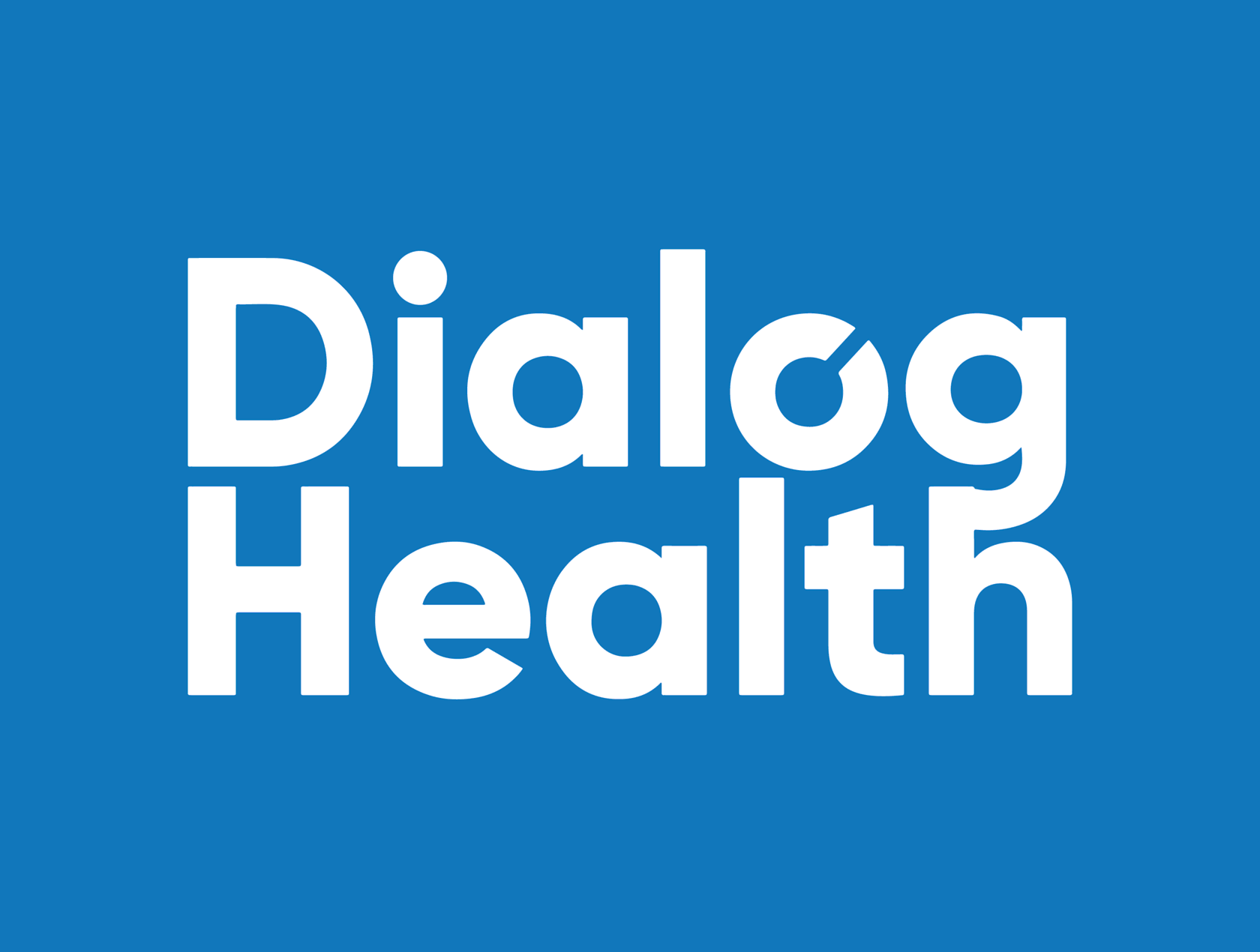- Stockholm (Sweden)
- Childcare
- 9 delegates
- October 2024
From October 1st to 4th, 2024, a delegation of nine early childhood specialists traveled to Stockholm as part of a training program titled "innovation and inclusion: exploring Swedish early childhood models," organised in partnership with FEHAP. The goal of this mission was to discover innovative and inclusive practices in early childhood education and care, while fostering exchanges between international professionals.
Why Sweden?
Sweden stands out with one of the most advanced early childhood systems in Europe, with a childcare attendance rate for children aged 1 to 5 exceeding 85%. This model is based on ambitious public policies that allocate approximately 3.3% of GDP to preschool education, ensuring universal and subsidized access. Emphasis is placed on inclusion, with programs tailored to the needs of children with disabilities, as well as innovation, integrating nature and technology into pedagogical approaches. These initiatives aim to promote well-being, holistic development, and equal opportunities from an early age.
The objectives of the study trip were to explore innovative practices in early childhood in Sweden, including the integration of technology and ecological approaches, to analyze the effectiveness of public policies on inclusion and child well-being, and to promote international exchanges between professionals on challenges and solutions in childcare and education services.
The mission began on Tuesday, October 1st, with a presentation of the local early childhood education system, given by Jadranka Naskova and Annie Karlsson from the Municipality of Stockholm. This meeting addressed key topics such as:
On Wednesday, October 2nd, the delegation visited the Tom Tits Experiment science center, a place where science becomes accessible and fun for children. In the afternoon, the participants explored Skatboet Preschool, which combines outdoor education with adventure pedagogy. This experience highlighted the importance of play and nature in young children's development, while innovatively integrating inclusion and digital tools into the pedagogical approach.
On Thursday, October 3rd, delegates visited two preschools in the Hässelby-Vällingby district:
The final visit took place at Kvasar Workshop, a creative workshop dedicated to learning through technology, art, and design. This space, inaugurated in 2019, allows educators to develop their skills and find inspiration for working with children and colleagues.
This mission inspired participants with concrete examples of innovative practices in Sweden, encouraging reflections on how they might be adapted to their own contexts. The week concluded with fruitful exchanges between speakers and delegation members.
Sweden stands out with one of the most advanced early childhood systems in Europe, with a childcare attendance rate for children aged 1 to 5 exceeding 85%. This model is based on ambitious public policies that allocate approximately 3.3% of GDP to preschool education, ensuring universal and subsidized access. Emphasis is placed on inclusion, with programs tailored to the needs of children with disabilities, as well as innovation, integrating nature and technology into pedagogical approaches. These initiatives aim to promote well-being, holistic development, and equal opportunities from an early age.
The objectives of the study trip were to explore innovative practices in early childhood in Sweden, including the integration of technology and ecological approaches, to analyze the effectiveness of public policies on inclusion and child well-being, and to promote international exchanges between professionals on challenges and solutions in childcare and education services.
The mission began on Tuesday, October 1st, with a presentation of the local early childhood education system, given by Jadranka Naskova and Annie Karlsson from the Municipality of Stockholm. This meeting addressed key topics such as:
- Local and national governance in Sweden.
- The importance of the 2030 Agenda for sustainable development.
- Efforts made to promote health and inclusion in preschools.
On Wednesday, October 2nd, the delegation visited the Tom Tits Experiment science center, a place where science becomes accessible and fun for children. In the afternoon, the participants explored Skatboet Preschool, which combines outdoor education with adventure pedagogy. This experience highlighted the importance of play and nature in young children's development, while innovatively integrating inclusion and digital tools into the pedagogical approach.
On Thursday, October 3rd, delegates visited two preschools in the Hässelby-Vällingby district:
- Kaprifolen, a municipal nursery with 87 children, opened in January 2021 and designed as a "preschool of the future." It stands out for its special focus on children with multiple disabilities.
- Äppelgården, a nursery where 20 children aged 1 to 6 learn through play and exploration. These visits showcased concrete examples of inclusion for children with specific needs while highlighting playful and exploratory learning practices.
The final visit took place at Kvasar Workshop, a creative workshop dedicated to learning through technology, art, and design. This space, inaugurated in 2019, allows educators to develop their skills and find inspiration for working with children and colleagues.
This mission inspired participants with concrete examples of innovative practices in Sweden, encouraging reflections on how they might be adapted to their own contexts. The week concluded with fruitful exchanges between speakers and delegation members.
Subscribe to our newsletter
Once a month you will learn about our latest tours.
By clicking the button you agree to our Privacy Policy
Photos
Previous study missions

